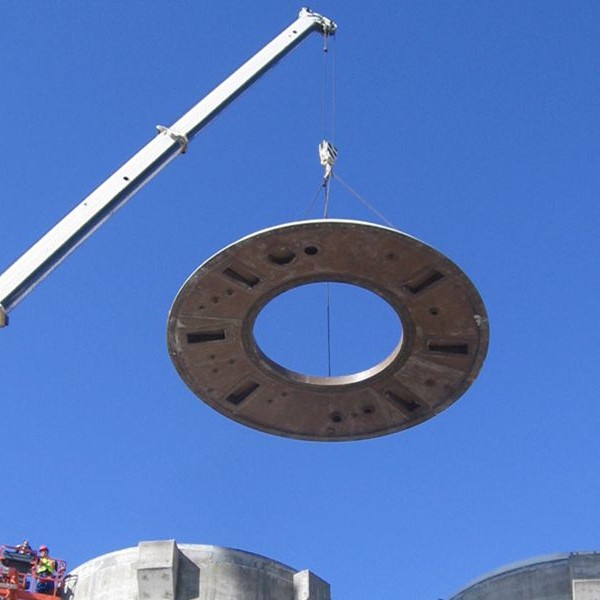
-
 Afrikaans
Afrikaans -
 Albanian
Albanian -
 Amharic
Amharic -
 Arabic
Arabic -
 Armenian
Armenian -
 Azerbaijani
Azerbaijani -
 Basque
Basque -
 Belarusian
Belarusian -
 Bengali
Bengali -
 Bosnian
Bosnian -
 Bulgarian
Bulgarian -
 Catalan
Catalan -
 Cebuano
Cebuano -
 China
China -
 China (Taiwan)
China (Taiwan) -
 Corsican
Corsican -
 Croatian
Croatian -
 Czech
Czech -
 Danish
Danish -
 Dutch
Dutch -
 English
English -
 Esperanto
Esperanto -
 Estonian
Estonian -
 Finnish
Finnish -
 French
French -
 Frisian
Frisian -
 Galician
Galician -
 Georgian
Georgian -
 German
German -
 Greek
Greek -
 Gujarati
Gujarati -
 Haitian Creole
Haitian Creole -
 hausa
hausa -
 hawaiian
hawaiian -
 Hebrew
Hebrew -
 Hindi
Hindi -
 Miao
Miao -
 Hungarian
Hungarian -
 Icelandic
Icelandic -
 igbo
igbo -
 Indonesian
Indonesian -
 irish
irish -
 Italian
Italian -
 Japanese
Japanese -
 Javanese
Javanese -
 Kannada
Kannada -
 kazakh
kazakh -
 Khmer
Khmer -
 Rwandese
Rwandese -
 Korean
Korean -
 Kurdish
Kurdish -
 Kyrgyz
Kyrgyz -
 Lao
Lao -
 Latin
Latin -
 Latvian
Latvian -
 Lithuanian
Lithuanian -
 Luxembourgish
Luxembourgish -
 Macedonian
Macedonian -
 Malgashi
Malgashi -
 Malay
Malay -
 Malayalam
Malayalam -
 Maltese
Maltese -
 Maori
Maori -
 Marathi
Marathi -
 Mongolian
Mongolian -
 Myanmar
Myanmar -
 Nepali
Nepali -
 Norwegian
Norwegian -
 Norwegian
Norwegian -
 Occitan
Occitan -
 Pashto
Pashto -
 Persian
Persian -
 Polish
Polish -
 Portuguese
Portuguese -
 Punjabi
Punjabi -
 Romanian
Romanian -
 Russian
Russian -
 Samoan
Samoan -
 Scottish Gaelic
Scottish Gaelic -
 Serbian
Serbian -
 Sesotho
Sesotho -
 Shona
Shona -
 Sindhi
Sindhi -
 Sinhala
Sinhala -
 Slovak
Slovak -
 Slovenian
Slovenian -
 Somali
Somali -
 Spanish
Spanish -
 Sundanese
Sundanese -
 Swahili
Swahili -
 Swedish
Swedish -
 Tagalog
Tagalog -
 Tajik
Tajik -
 Tamil
Tamil -
 Tatar
Tatar -
 Telugu
Telugu -
 Thai
Thai -
 Turkish
Turkish -
 Turkmen
Turkmen -
 Ukrainian
Ukrainian -
 Urdu
Urdu -
 Uighur
Uighur -
 Uzbek
Uzbek -
 Vietnamese
Vietnamese -
 Welsh
Welsh -
 Bantu
Bantu -
 Yiddish
Yiddish -
 Yoruba
Yoruba -
 Zulu
Zulu
Durable Fiberglass Sewer Pipes for Efficient Wastewater Management and Long-lasting Performance
The Advantages of Fiberglass Sewer Pipe A Modern Solution for Wastewater Management
In the realm of construction and civil engineering, the choice of materials is paramount. Among the various options available for wastewater management systems, fiberglass sewer pipe has emerged as a highly favorable solution. This innovative material has gained popularity due to its numerous advantages over traditional materials such as clay and concrete. In this article, we will explore the benefits of fiberglass sewer pipe and why it is becoming the material of choice for modern sewer systems.
Durability and Longevity
One of the most significant advantages of fiberglass sewer pipe is its exceptional durability. Unlike traditional piping materials that are susceptible to corrosion and degradation over time, fiberglass is resistant to the harsh chemicals found in wastewater. This resistance extends the lifespan of the pipe, often exceeding 50 years with minimal deterioration. The robust nature of fiberglass makes it an ideal choice for environments where pipes are exposed to aggressive substances, ensuring long-term reliability and reducing the frequency of replacements.
Lightweight and Easy to Handle
Fiberglass sewer pipes are notably lighter than their concrete or clay counterparts. This weight advantage not only simplifies transportation but also makes installation quicker and less labor-intensive. Heavy piping materials require specialized equipment for handling and installation, which can increase project costs and time. In contrast, the lightweight nature of fiberglass allows for easier maneuvering and assembly, making it possible for smaller teams to complete installations efficiently.
Smooth Interior Surface
The interior surface of fiberglass sewer pipes is exceptionally smooth, which is crucial for waste transportation. A smoother surface minimizes friction, allowing wastewater to flow more freely and efficiently. This characteristic significantly reduces the likelihood of blockages and backups—common issues in sewer systems. Additionally, the smoothness of the interior surfaces makes maintenance easier, as cleaning can be accomplished without extensive effort.
fiberglass sewer pipe

Resistance to Root Intrusion
Tree roots are a notorious challenge for many sewer systems. As roots seek moisture, they often invade pipes, leading to blockages and costly repairs. Fiberglass sewer pipes provide an effective solution to this problem. Their structure is less susceptible to root intrusion compared to traditional materials like clay, which are prone to cracking and providing entry points for roots. By using fiberglass pipes, property owners can avoid frequent maintenance and ensure the integrity of their sewer systems over time.
Environmental Impact
In today’s world, sustainability is a pressing concern. Fiberglass sewer pipes are not only designed for durability but also with environmental impact in mind. They are manufactured using a process that reduces waste and can be made from recycled materials. Furthermore, their longevity reduces the need for replacement, thereby minimizing the overall resource consumption tied to manufacturing new pipes. This commitment to sustainability makes fiberglass an appealing option for environmentally conscious construction projects.
Cost-Effectiveness
While the initial investment in fiberglass sewer pipe may be higher compared to some traditional options, the long-term savings are significant. The durability and low maintenance needs translate into fewer repairs and replacements over the lifespan of the system. Moreover, the efficiency of installation saves on labor costs, making fiberglass a cost-effective choice in the long run. When evaluating the overall lifecycle costs, the financial benefits of using fiberglass become apparent.
Conclusion
In conclusion, fiberglass sewer pipe presents a modern alternative to conventional materials used in wastewater management systems. Its durability, lightweight properties, smooth interior surfaces, resistance to root intrusion, and minimal environmental impact render it an excellent choice for both new construction and rehabilitation projects. As cities and communities strive to enhance their infrastructure and embrace sustainable practices, fiberglass sewer pipes are poised to play a pivotal role in the future of sewer systems. With its range of advantages, it is clear why this material is becoming increasingly popular among engineers and contractors alike.









